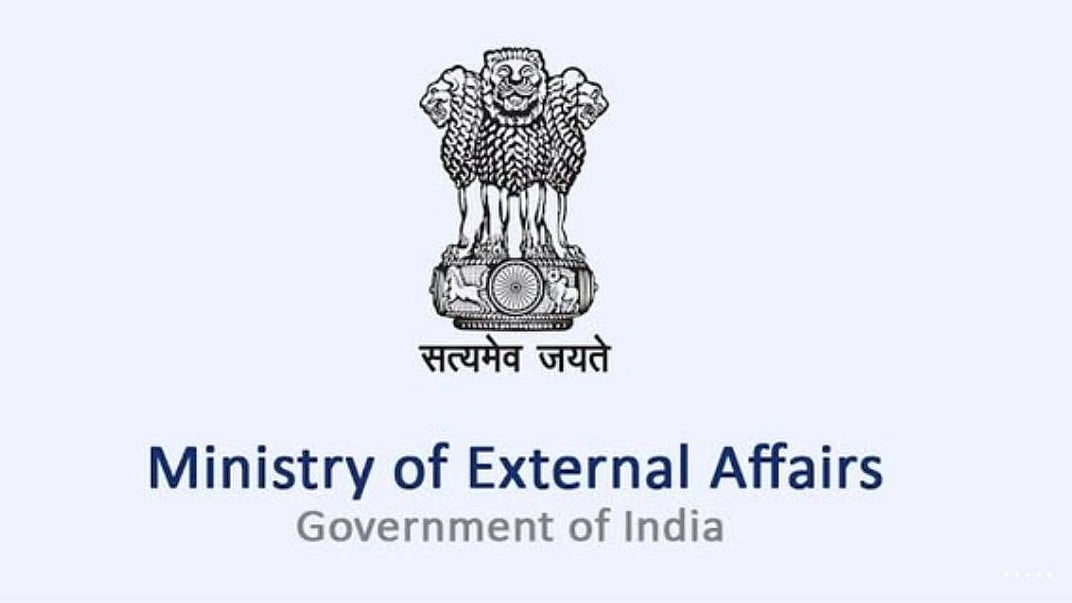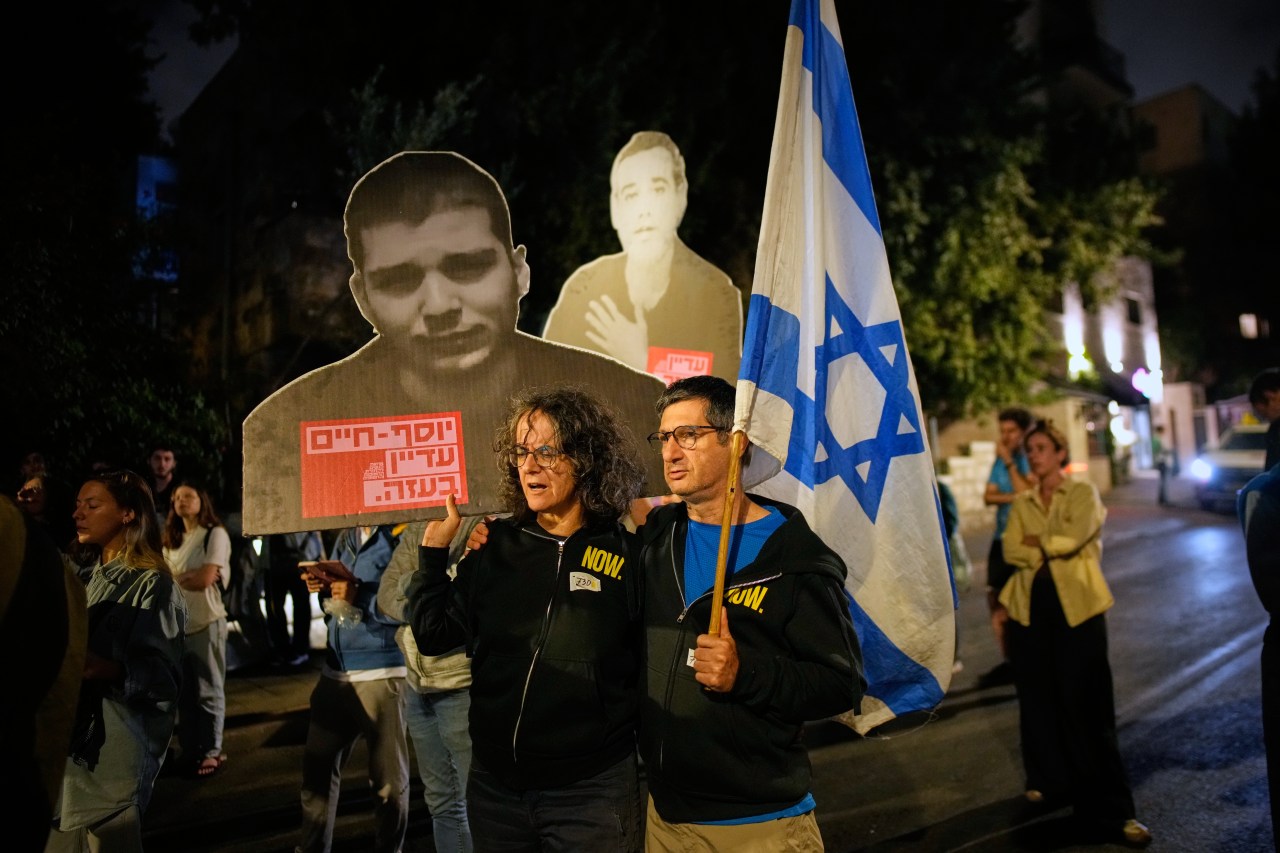**Zelenskyy Predicts Russian Aggression May Extend Beyond Ukraine**
Ukrainian President Volodymyr Zelenskyy has warned that Russian President Vladimir Putin may continue his war by attacking another European country. Speaking to the United Nations General Assembly in New York from Kyiv, Zelenskyy painted a stark picture of the wider risks posed by Russia’s military actions, emphasizing that the threat is not confined to Ukraine’s borders.
He cited recent incursions by Russian drones and fighter jets as deliberate tests of NATO’s readiness and a form of intimidation designed to gauge how European nations would respond in a potential broader conflict. Zelenskyy warned that these actions are part of a calculated strategy to destabilize Europe and pressure allied nations to act cautiously.
### Escalating Military Threats and NATO Response
In recent weeks, Russian aircraft and drones have repeatedly violated NATO airspace, with incursions reported in Denmark, Poland, Romania, Estonia, and other countries. Earlier this month, Polish authorities confirmed that 21 Russian drones entered their territory, prompting rapid interception by both Polish and allied forces.
Romania also deployed combat aircraft in response to a drone that penetrated roughly 10 kilometers into its airspace, remaining there for nearly an hour. Similar incidents occurred above Danish and Norwegian military bases, highlighting the frequency and scale of Russian operations near European skies.
Zelenskyy told the UN that Russia will not wait to finish its war in Ukraine and could open another front. He framed these incursions as deliberate probes of NATO readiness, describing them as strategic moves designed to test European response capabilities and sow uncertainty.
In response, NATO launched **Operation Eastern Sentry** to reinforce its eastern flank. The initiative involves deployment of F-16s, Rafales, Eurofighters, and F-35As, along with an Integrated Air Protection Zone over western and central Ukraine. About 120 European fighter jets are conducting combat air patrols alongside the Ukrainian Air Force to protect critical infrastructure and deter further Russian aggression.
Additionally, a coordinated drone wall system is being developed to detect and neutralize unauthorized drones, shielding energy networks, communication hubs, and military sites from potential attacks.
Russian Foreign Minister Sergey Lavrov cautioned at the UN that any hostile act against Moscow would be met with a decisive response. However, he stressed that Russia does not intend to attack European states. Lavrov also expressed concern that NATO’s expanding presence near Russian borders has heightened tensions and created security challenges.
### Humanitarian Toll and Broader Implications
The conflict has caused severe human and economic consequences. Thousands of civilians have been killed, and millions displaced since the war began. Humanitarian organizations continue to warn that urban areas remain vulnerable, and attacks on energy and infrastructure could exacerbate the crisis as winter approaches.
Zelenskyy urged the international community to maintain robust military and diplomatic support. He noted that delegations from allied countries would soon travel to Ukraine to receive training on countering aerial threats, drawing on Kyiv’s experience with long-range drones targeting Russian oil refineries.
He also cautioned that further strikes on Ukraine’s energy systems could provoke retaliatory measures against Russian infrastructure.
European governments have increased intelligence-sharing, strengthened civil defense initiatives, and hardened critical infrastructure to reduce risks from repeated drone incursions. Analysts note that NATO faces the dual challenge of deterring Moscow while avoiding actions that might escalate the conflict. Rapid reaction units and crisis response exercises are being expanded to ensure readiness in the event of further provocations.
### A Call for Unified International Action
Concluding his address, Zelenskyy stressed that the crisis in Ukraine is not merely a local issue but a broader threat to European stability. “This is about more than Ukraine. It is about the safety of every European country,” he said, highlighting the wider implications of Russian aggression.
As tensions persist, NATO allies continue preparations for potential escalation while emphasizing diplomatic engagement and humanitarian planning. Recurrent airspace violations underscore the risks of miscalculation and the importance of coordinated international responses.
Analysts argue that Moscow’s operations are designed to gauge NATO’s military readiness and political resolve, keeping European nations on high alert. The combination of military preparedness, diplomatic coordination, and humanitarian planning is essential to counter potential Russian expansion.
Zelenskyy’s warnings underline the urgency of unified international action and reinforce the need for a strong NATO alliance to safeguard European security.
https://euroweeklynews.com/2025/09/28/zelenskyy-warns-he-will-attack-another-country/


